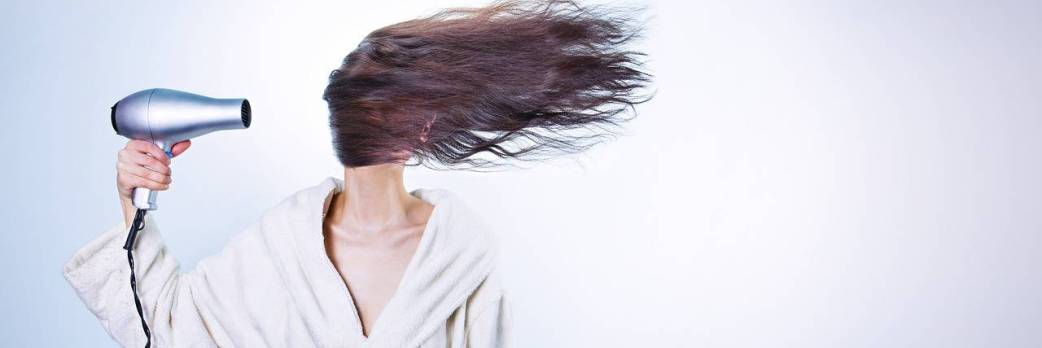No products

Biotin: Your Ultimate Ally in Hair Health
In this context, biotin emerges as an essential nutrient, particularly critical for preserving hair health. Below, we provide a detailed exploration of what biotin is and how it impacts our organism.
What is Biotin?
Biotin, also known as vitamin H, B7, B8, coenzyme R, or biotin D, is part of the B-vitamin group. Maintaining optimal levels of this vitamin is not only essential for the overall functioning of the body but especially for the health of our hair and nails.
If you want to learn more about biotin and how it works in our body, we provide you with detailed information below.
Functions of Biotin in Our Organism
Biotin plays a crucial role in metabolism, facilitating the breakdown of fats and carbohydrates to convert them into energy. This process takes place in the intestine, where the presence of bacteria promotes the production of this vitamin.
The health of our microbiota directly influences biotin production, making factors such as stress, poor diet, or the use of certain medications that affect the microbiota potentially lead to a decrease in its production.
In addition to supporting metabolism, biotin has also been associated with reducing inflammation, regulating blood sugar levels in people with diabetes, and improving cognitive function.
Fundamental Ally for Hair and Nails
Beyond its metabolic functions, biotin proves to be an essential nutrient for hair health. The lack of biotin manifests in hair loss, making it brittle and fragile.
While we often pay attention to external care for hair and nails, it is crucial to recognize that nutrition plays a significant role in their health. A diet lacking in biotin and other vitamins, minerals, or amino acids can be reflected in the appearance of our hair, nails, and even skin.
Causes of Biotin Deficiency
Although biotin deficiency is not common, it can arise due to medications affecting vitamin absorption, strict diets lacking certain foods, intestinal problems limiting biotin production, or some genetic disorders.
Symptoms of Low Biotin Levels
Low biotin levels manifest through hair loss, fragile nails, rashes on the face, tingling in the extremities, loss of appetite, and symptoms such as fatigue, insomnia, or apathy.
Food Sources of Biotin
While a portion of biotin is produced in the intestinal microbiota, certain foods are rich in this nutrient. Examples include egg yolk, cauliflower, beans, liver, fatty fish, nuts, banana, dairy, barley, wheat germ, salmon, whole grains, and barley, among others.
Benefits of Biotin Supplementation
Currently, dietary supplements offer an option to maintain nutritional balance. Sedentary lifestyles, various pathologies, or limitations in vitamin production and absorption may require an additional intake to keep the body in optimal conditions.
Contrary to common belief, biotin does not accelerate hair growth, but its supplementation can improve hair elasticity and resistance, reducing the likelihood of breakage or loss.
In summary, to achieve healthy skin, hair, and nails, it is essential to adopt healthy eating habits, engage in regular exercise, ensure adequate rest, and resort to supplements when necessary. The key lies in cultivating healthy habits rather than relying on quick fixes.